What treatment
10 عيادات رائدة في مجال علاج السرطان في China
تواصل مع أفضل عيادات علاج السرطان في China للحصول على رعاية متميزة

Gobroad Healthcare Group
ملخص
تدير مجموعة GHG حاليًا سبعة مستشفيات في الصين. نتخصص في علاج الأورام الخبيثة الدموية، مثل سرطان الدم والليمفوما والورم النقوي المتعدد، وأمراض المناعة الذاتية باستخدام العلاج بالخلايا التائية CAR-T.
اقرأ المزيد من التفاصيلInternational Hospital of Peking University
ملخص
يقدم مستشفى جامعة بكين الدولي في بكين رعاية متعددة التخصصات، بما في ذلك الجراحة وعلاج السرطان وجراحة العظام وطب الأسنان والمزيد.
اقرأ المزيد من التفاصيلLu Daopei Hospital - Cancer Treatment in China
ملخص
يقدم مستشفى لو داوباي في الصين العلاج المتقدم لخلايا CAR-T، وزرع نخاع العظم، وعلاجات لمختلف أنواع سرطان الدم واضطرابات المناعة.
اقرأ المزيد من التفاصيلاكتشف خيارات العلاج الخاصة بك مع عرض أسعار مجاني وغير ملزم!
احصل على عرض الأسعار الخاص بك الآن!Beijing Puhua International Hospital Oncology
ملخص
يقدم مركز علاج السرطان بمستشفى بكين بوهوا الدولي علاجات شاملة للمرضى باستخدام علاجات طبيعية ومنهجية وموضعية، بما في ذلك تقنية الموجات فوق الصوتية عالية الكثافة (HIFU). وتستخدم هذه العلاجات علاجات غير سامة وخالية من الآثا�
اقرأ المزيد من التفاصيلVega Stem Cell Clinic in Bangkok Thailand
ملخص
تساعد عيادة فيجا في بانكوك، تايلاند، الأشخاص على الشعور بالتحسن من خلال علاجات خاصة. فهم يستخدمون طرقًا جديدة للشفاء ويحرصون على حصول كل شخص على الرعاية المخصصة له فقط.
اقرأ المزيد من التفاصيل
GIOSTAR Hospital Bengaluru
ملخص
اكتشف مستشفى جيوستار في بنغالورو، الهند - مركزك الأمثل لعلاجات الخلايا الجذعية المتقدمة والإجراءات المتطورة لجراحة العظام. استكشف علاجات داء السكري، والسكتة الدماغية، وإصابات الحبل الشوكي، وغيرها.
اقرأ المزيد من التفاصيل
Dr. Pravin Patels Innovative Hospital & Research Center
ملخص
يقدم مستشفى الدكتور برافين باتيل المبتكر أفضل علاج بالخلايا الجذعية في ولاية غوجارات بالهند. كما يوفر العلاج بالأوزون، والعلاج الكمي، والعلاج بتقنية EBOO، والعلاج بالترددات والليزر بأسعار معقولة.
اقرأ المزيد من التفاصيل
اكتشف خيارات العلاج الخاصة بك مع عرض أسعار مجاني وغير ملزم!
احصل على عرض الأسعار الخاص بك الآن!FirstCell Malaysia
ملخص
اكتشف الطب التجديدي المتقدم وعلاج الخلايا الجذعية في FirstCell في كوالالمبور، ماليزيا. رعاية متخصصة وعلاجات متميزة لحياة أكثر صحة.
اقرأ المزيد من التفاصيل
Liv Bona Dea Hospital in Baku, Azerbaijan
ملخص
يقدم مستشفى ليف بونا ديا في باكو، أذربيجان، رعاية متعددة التخصصات متقدمة، بما في ذلك علاج السرطان، والجراحة التجميلية، وزراعة الأعضاء، وغير ذلك.
اقرأ المزيد من التفاصيل
Apollo Proton Cancer Centre
ملخص
اكتشف الرعاية المتقدمة لمرضى السرطان في مركز أبولو للسرطان بالبروتون، تشيناي. أفضل أطباء الأورام والعلاجات الحديثة في الهند. احجز الآن في PlacidWay.
اقرأ المزيد من التفاصيلArtemis Hospitals
ملخص
يقدم مستشفيات أرتميس في جورجاون بالهند رعاية متقدمة في مجال الأورام، وجراحة العظام، وأمراض الأعصاب، وأمراض القلب، وأمراض الجهاز الهضمي، والمزيد.
اقرأ المزيد من التفاصيلAUM Hospital
ملخص
تشتهر مستشفى AUM بتقديم أفضل علاج بالخلايا الجذعية في الهند. يجمع مرفقنا المتطور في فادودارا، جوجارات، بين الخبرة الطبية وعلاجات الخلايا الجذعية المخصصة.
اقرأ المزيد من التفاصيلEva Hospital
ملخص
يقدم مستشفى إيفا التميز في مجال الرعاية الصحية في سورات، الهند حيث ستجد أفضل علاج للعقم، والتلقيح داخل الرحم، وأطفال الأنابيب، والتنظير البطني، وطب الأمومة، وأمراض النساء التجميلية، والجراحة العامة، وعافية الأسنان.
اقرأ المزيد من التفاصيلGangnam Severance Hospital
ملخص
استكشف مستشفى جانجنام سيفيرانس في سيول، كوريا الجنوبية، وهو منشأة من الدرجة الأولى تابعة لنظام صحة جامعة يونسي، تقدم رعاية طبية متقدمة وخدمات شاملة.
اقرأ المزيد من التفاصيلGHC Hospitals
ملخص
تعتبر مستشفيات GHC بمثابة مستشفى متعدد التخصصات يضم 150 سريراً للرعاية الصحية، وهو الأكبر في منطقة ثين داون، وهو مركز معروف لزراعة الأعضاء وجراحات القلب المعقدة وجراحة العظام وما إلى ذلك.
اقرأ المزيد من التفاصيلHimmavanta Wellness
ملخص
استمتع بتجديد شبابك في مركز Himmavanta Wellness في بانكوك، تايلاند. متخصص في حقن البوتوكس والفيلر وحقن العناية بالبشرة وعلاجات مكافحة الشيخوخة.
اقرأ المزيد من التفاصيلMax Institute of Cancer Care
ملخص
يُعد معهد ماكس لرعاية مرضى السرطان، الواقع في جورجاون، ولاية هاريانا، أحد أفضل مستشفيات البلاد، حيث يقدم علاجات وإجراءات شاملة لرعاية مرضى السرطان للمرضى المحليين والدوليين. يتكون الفريق الطبي من أخصائيين تلقوا تدريب�
اقرأ المزيد من التفاصيلSeoul National University Healthcare System Gangnam Center
ملخص
يقدم مستشفى جامعة سيول الوطنية في سيول رعاية طبية متقدمة ومراكز متخصصة وخدمات للمرضى على مستوى العالم مع طاقم من الخبراء وتميز في البحث.
اقرأ المزيد من التفاصيلShalby Hospital
ملخص
استمتع برعاية صحية عالمية المستوى في مستشفيات شالبي بالهند. رعاية متخصصة في استبدال المفاصل وأمراض القلب والأورام والمزيد، مع خدمة تضع المريض في المقام الأول.
اقرأ المزيد من التفاصيل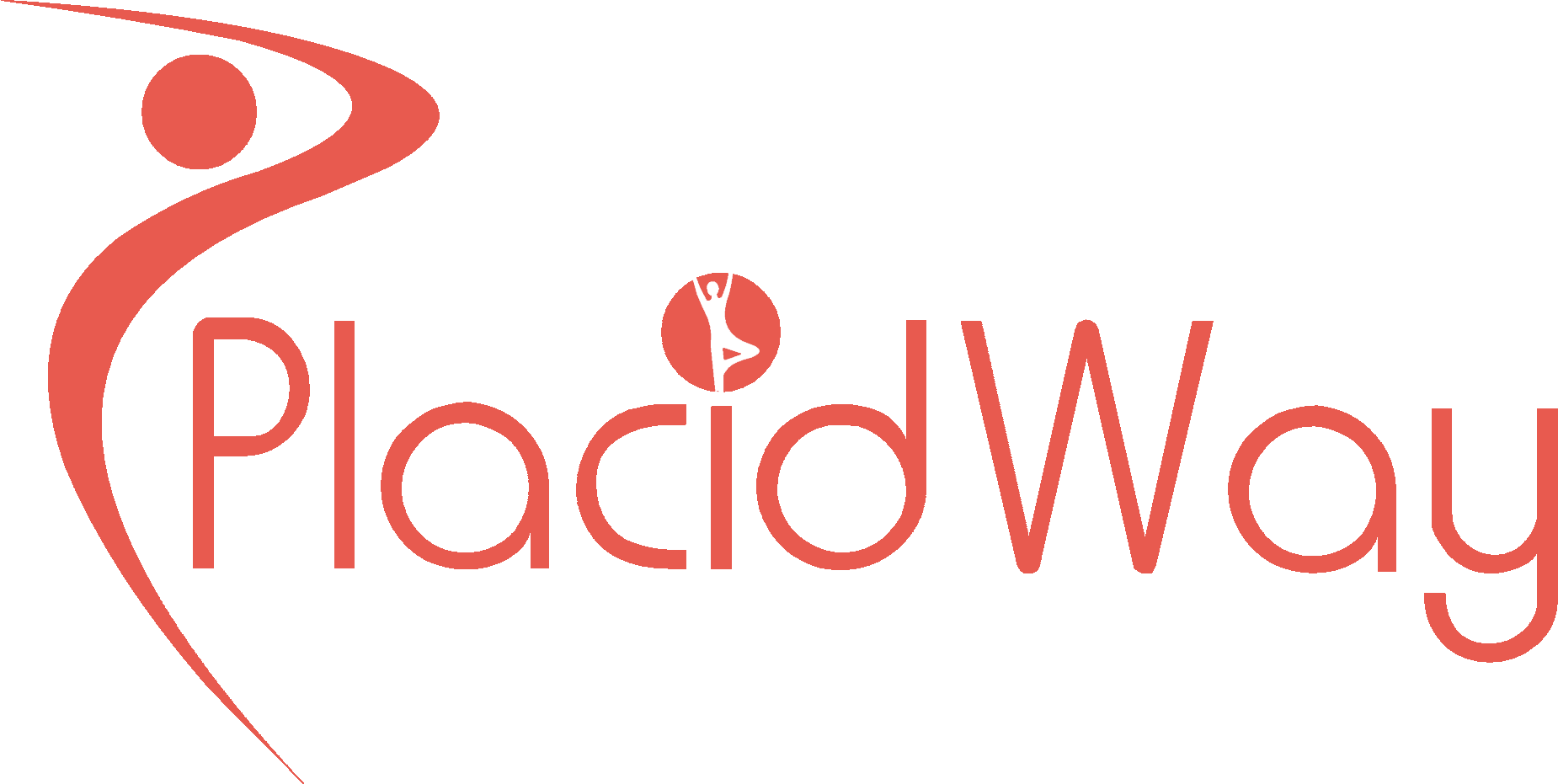











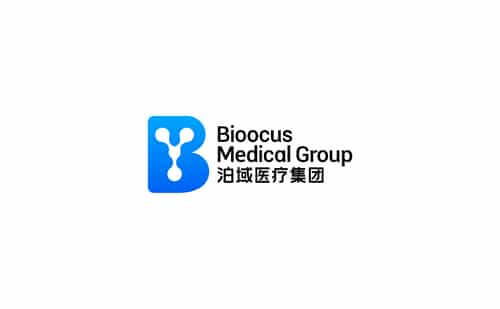
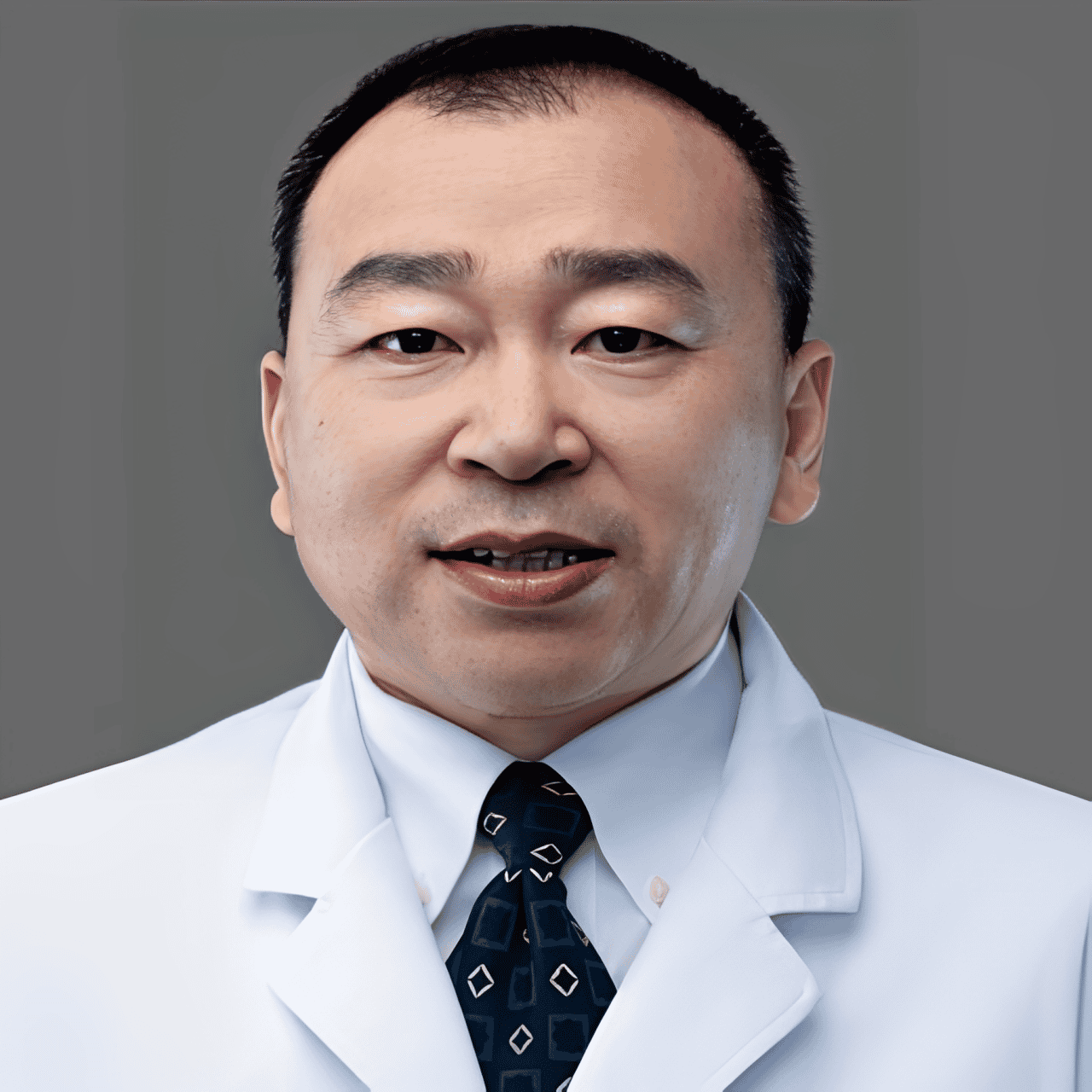



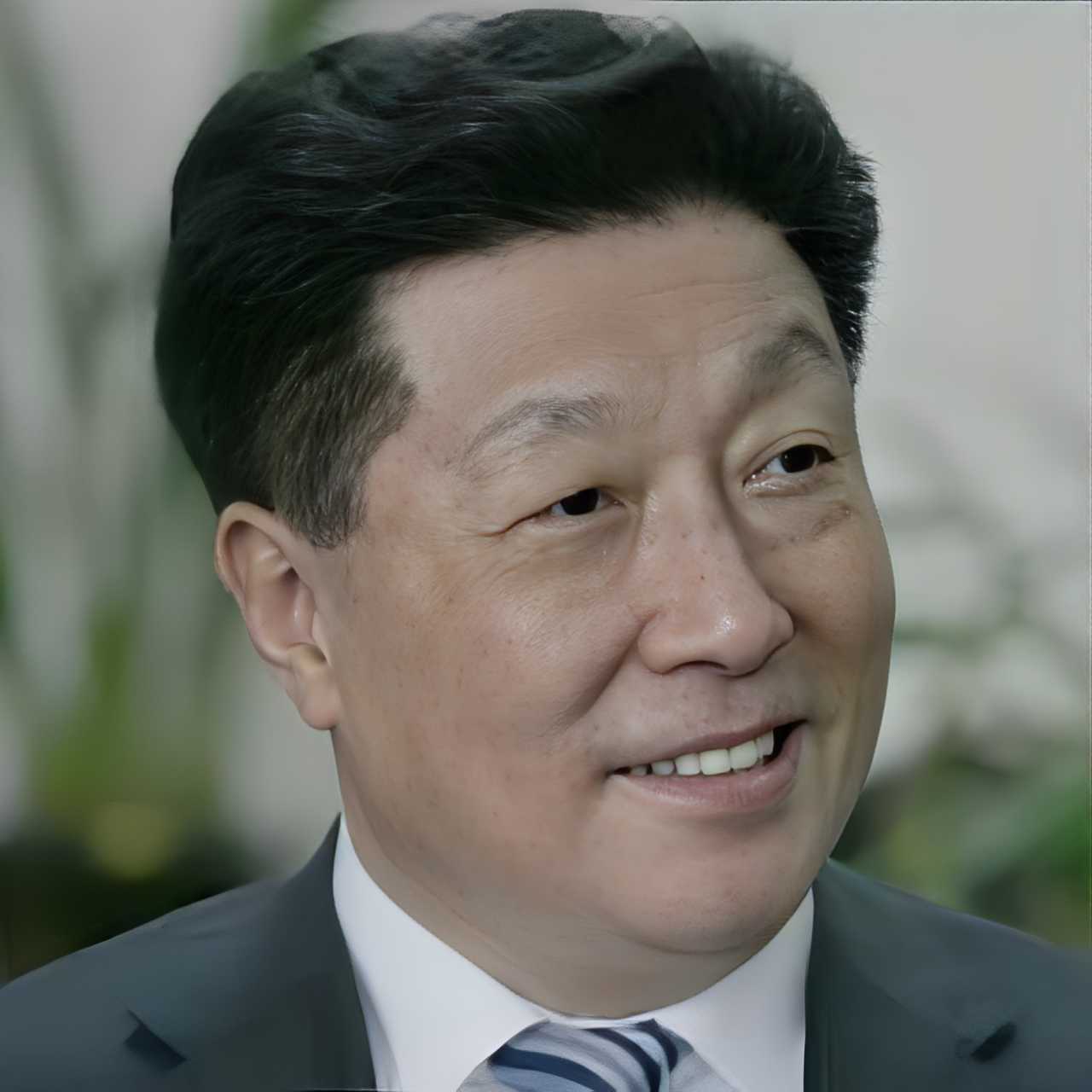
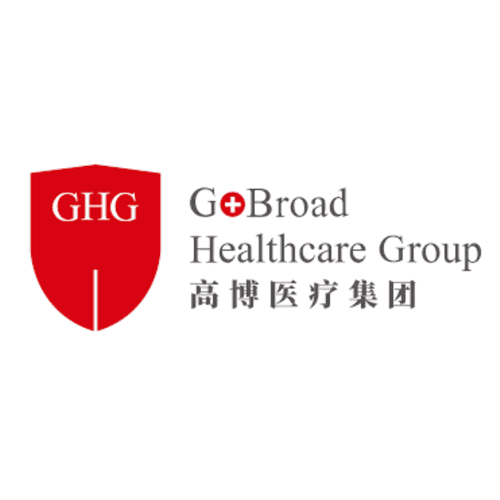




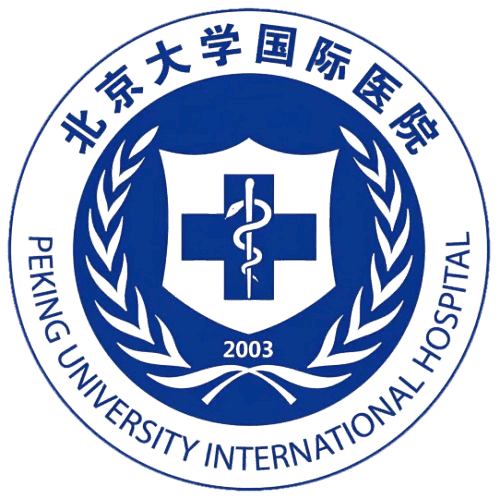










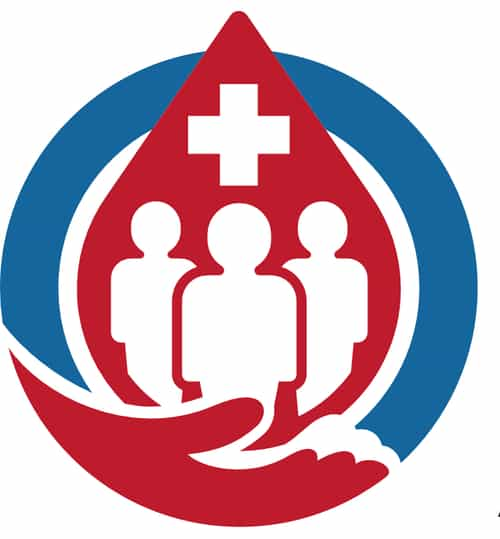


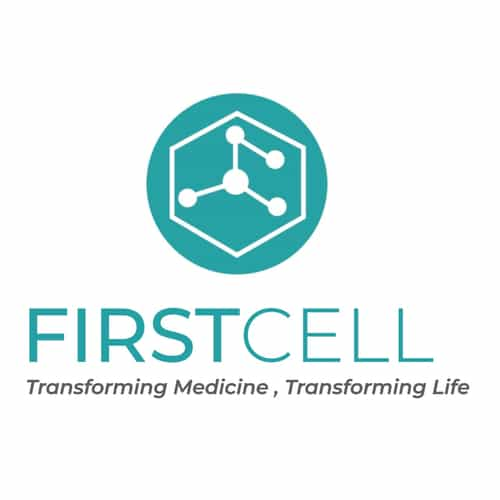



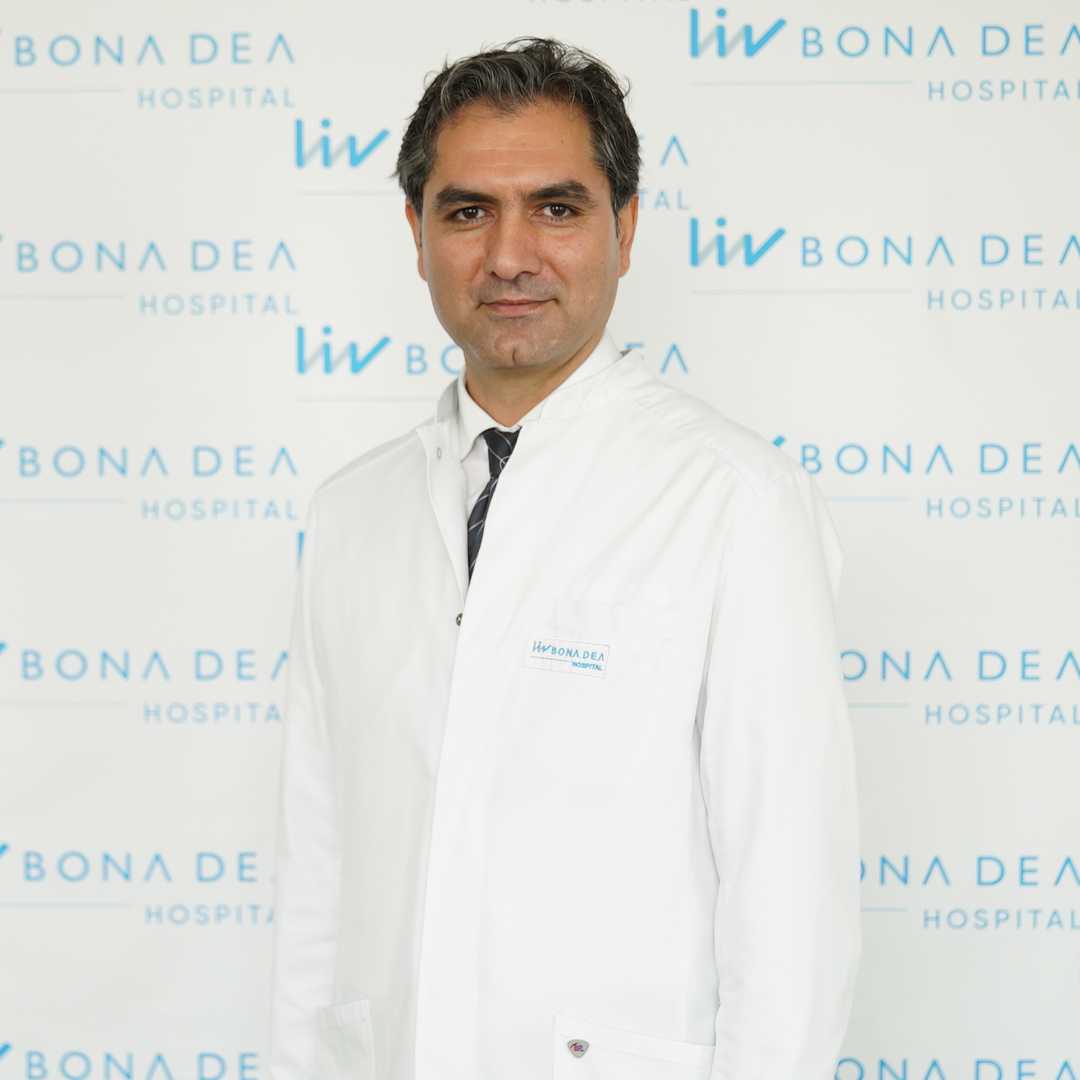
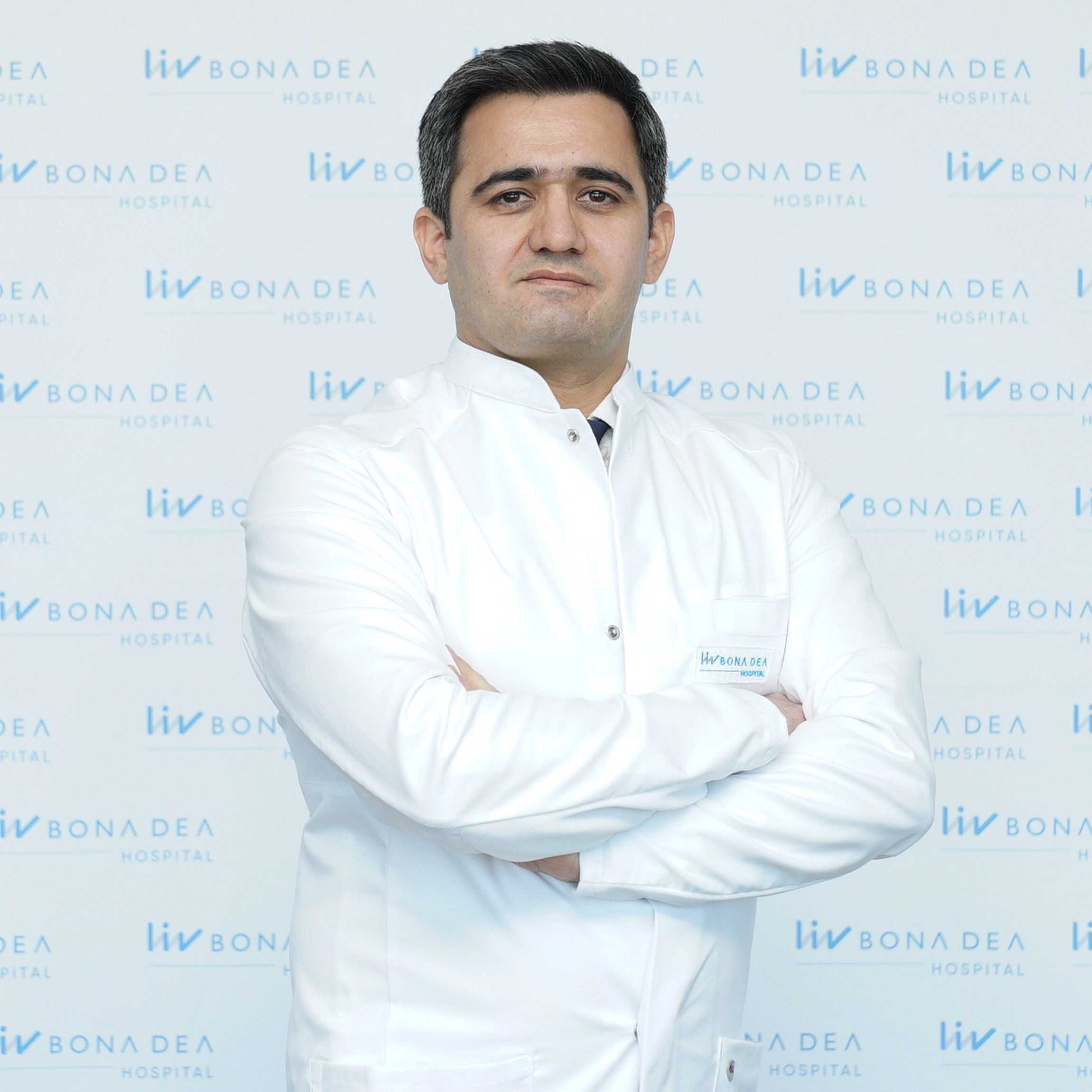



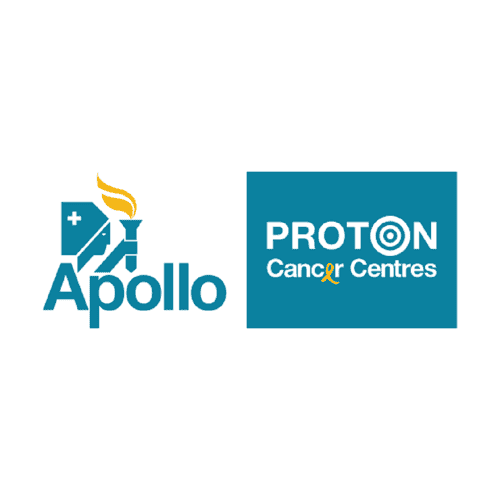

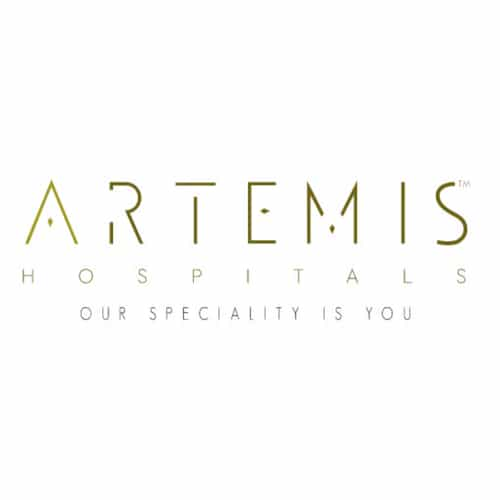
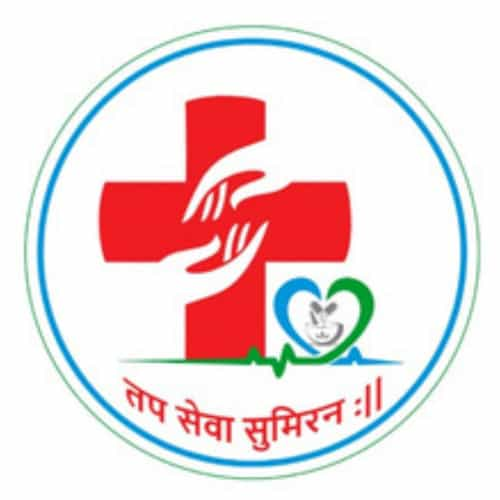

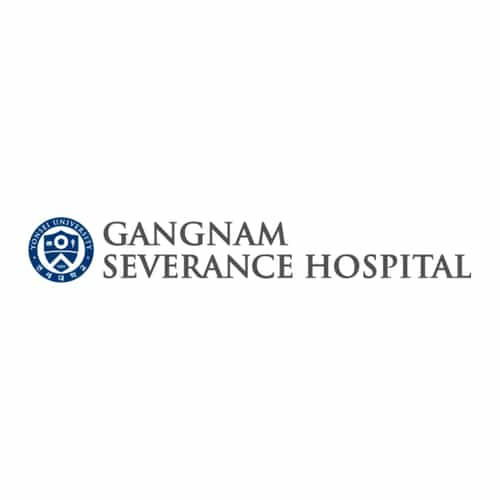






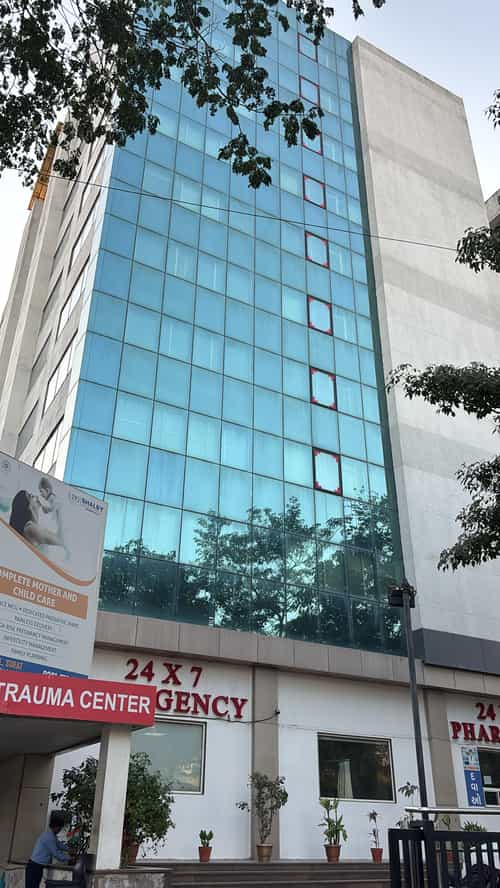
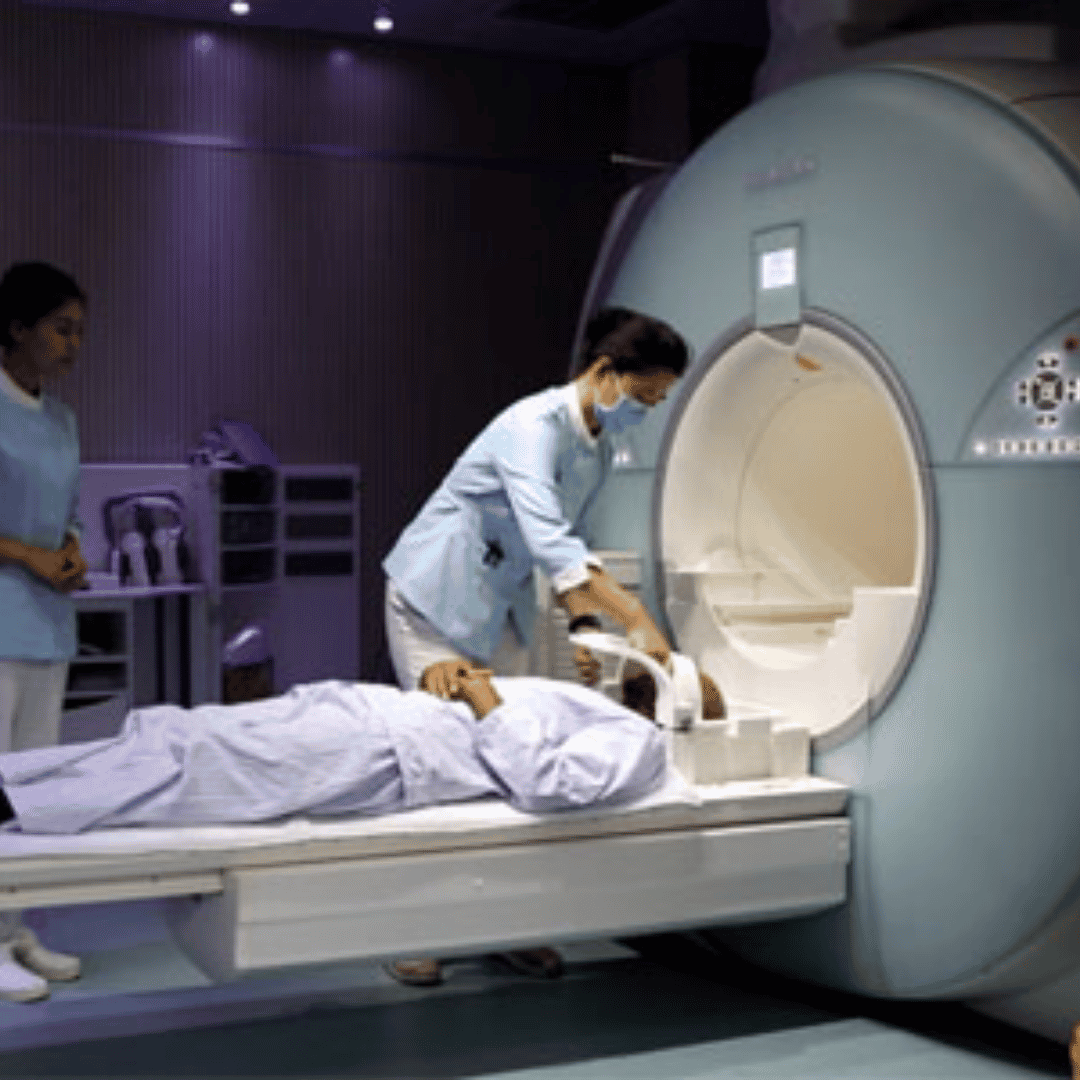



.png)
.png)



اقرأ المزيد